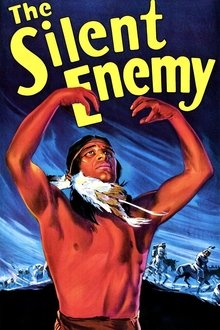An intimate portrayal of a peculiar Jewish family running a small town strip club, while attempting to nurse their relationships and themselves back to health.
Related Movies

Under the Rose (1992)
James Wong and his female assistant visited various kinds of pleasure-houses, including invisible dens, high-tech private dens, smuggling blackpoints and famouse tryst places, both large and small ones, throughout Hong Kong. They also looked back to the Scientific Beauty in Lai Chi Kok Amusement Park, striptease in the Kowloon Walled City and the old stories in fish-ball stalls. There are also interviews of call-girls and grooms.

Ontario: 'Land of Lakes' (1949)
This Traveltalk series short visit to the province of Ontario begins in Ottawa, Canada's capital, then proceeds to Algonquin Park, Toronto, and Niagara Falls.
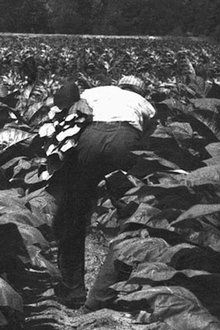
The Back-breaking Leaf (1959)
Here is a graphic picture of the tobacco harvest in southwestern Ontario. At the end of July, transient field workers move in for a brief bonanza when the plant is ripe. The tobacco harvesters call it "the back-breaking leaf."
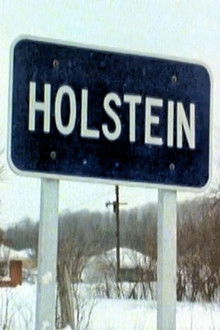
Holstein (1978)
A portrait of a small Ontario town, this film introduces its audience to the people of Holstein by filming them in the old-fashioned general store, the blacksmith's shop and the town granary. Old-time residents reminisce, while old-fashioned sleighs travel down the main road bordered by beautiful old frame houses.
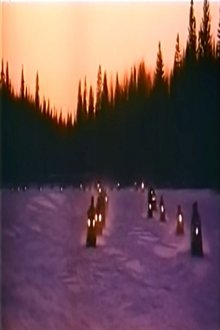
Where the North Begins (1971)
“Where the North Begins” was one of the 4 original regional portrait films commissioned for the first season of Ontario Place (the others being "North of Superior" (IMAX), "Seasons in the Mind" (70mm), and "Home By The Waters" (35mm anamorphic). The film was directed by David MacKay who was the producer for "A Place to Stand" and then directed "Ontario-oh!". Although "Where The North Begins" was commissioned by the Ontario government, Dave's subversive and wicked sense of irony does come shining through, as does his heartfelt beliefs.

Killing the Indian in the Child (2021)
The Indian Act, passed in Canada in 1876, made members of Aboriginal peoples second-class citizens, separated from the white population: nomadic for centuries, they were moved to reservations to control their behavior and resources; and thousands of their youngest members were separated from their families to be Christianized: a cultural genocide that still resonates in Canadian society today.
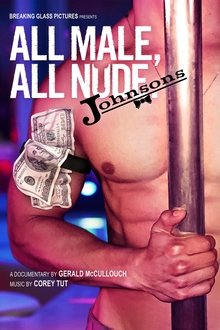
All Male, All Nude: Johnsons (2019)
Journey into the unique world of male stripping at a small gay strip club located in America's Second Gayest City per capita in this follow up to the popular 2017 feature documentary All Male, All Nude. All Male, All Nude: Johnsons is set in Florida's newest gay strip club, Johnsons, located in Wilton Manors, Florida and new home to the creator and owner of Johnsons - Matt Colunga, an award-winning body builder, who has been in the male entertainment industry for 23 years and was introduced in the first film. From 42-year-old Matt, to 26-year-old Alexander, who spends his days dressed as Spider-Man creating early memories for children at kid parties and spends his nights stripping down to his G-String for gay men, to single fathers and young men putting themselves through college with their stripping income, to entertainers in the adult film world - the men who compose the heart of Johnsons are diverse, unique and captivating.
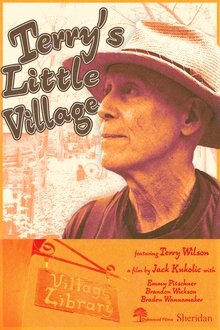
Terry's Little Village (2024)
Terry Wilson is a 70-year-old lifelong resident of Meadowvale Village, Ontario's first heritage district. As development looms and begins to destroy Terry's favourite place in the world, he recreates pieces of history in his backyard, crafting an oasis where it feels like nothing has changed. A beautiful tribute to his childhood, his mother, and his town, Terry passionately fights to preserve history in a world that's too anxious for change.
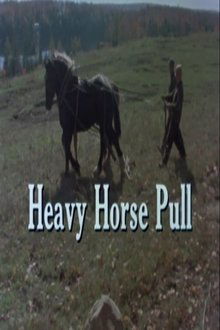
Heavy Horse Pull (1977)
This short documentary offers a humorous look at horse-pulling contests in Ontario and the people who prepare for them. We travel from the farm to the contest, where excitement runs high and the quips do not lack in local colour. Which of these magnificent creatures will be able to pull the heaviest load and win the prize?

Home by the Waters (1971)
John Lowry's 1971 Ontario travelogue "Home by the Waters" (featuring a haunting theme song by Tommy Ambrose) was shown at the IMAX Cinesphere in Ontario Place for a short time in September of 1971.
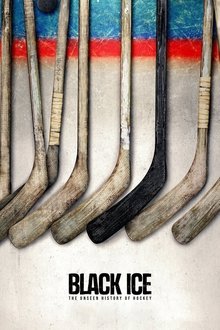
Black Ice (2023)
This incisive, urgent documentary examines the history of anti-Black racism in hockey, from the segregated leagues of the 19th century to today’s NHL, where Black athletes continue to struggle against bigotry.
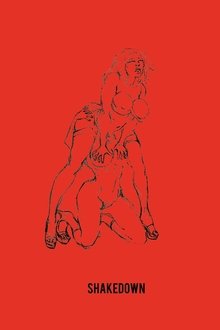
Shakedown (2018)
‘Shakedown’ was a series of parties founded by and for African American women in Los Angeles that featured go-go dancing and strip shows for the city’s lesbian underground scene. Inspired by transwoman Mahogany who, as the mother of the scene, presided over queer strip shows and balls for non-heterosexual audiences in the 1980s, butch Ronnie Ron created, produced and presented the new shows. In them, the largely female clientele from the ‘hood’ slipped dollar notes into lap dancers’ panties while celebrating lesbian sexuality to pulsating hip-hop beats.
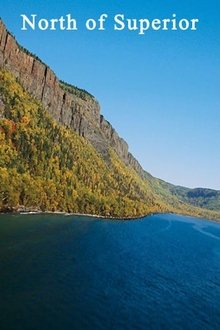
North of Superior (1971)
The second IMAX film made, commissioned by the Ontario Government, and produced by MultiScreen Corporation, later to become IMAX corporation. North of Superior is a Northern Ontario travelogue, and was the first short feature to be shown at the newly created Ontario government theme park, Ontario Place, in it's state of the art cinema, Cinesphere, the first permanent IMAX installation.
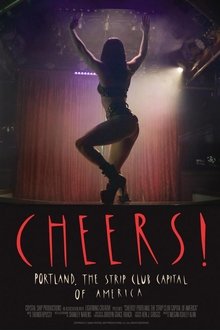
Cheers! Portland, The Strip Club Capital of America (2024)
Documents the history and politics of a Portland institution: The city's strip clubs.

Catch the Sun (1973)
A fast-paced collage of Ontario life. Highlights include a rollercoaster ride, a hair-raising speedboat skim along Ottawa's Rideau Canal, a downhill ski run through the trees on a Thunder Bay trail, and the sleek beauty of a small fleet of ice boats whistling over a gleaming lake.
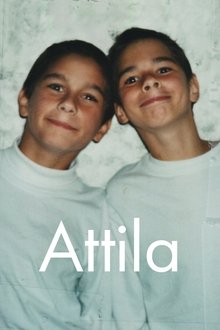
Attila (2023)
Filmmaker Stephen Hosier takes a journey with Richard Csanyi, his childhood friend, as he investigates the life and death of his twin brother Attila, who was found dead on a rooftop in 2020.

The Hart of London (1970)
"The Hart of London" is an endlessly layered tour de force. It explores life and death, the sense of place and personal displacement, and the intricate aesthetics of representation. It is a personal and spiritual film, marked inevitably by Chambers’s knowledge that he had leukemia. The late American avant-garde filmmaker Stan Brakhage said of Hart, "If I named the five greatest films [ever made], this has got to be one of them." Even this high praise falls short of hyperbole. The Hart of London is at the centre of Chambers’s extraordinary achievement.

